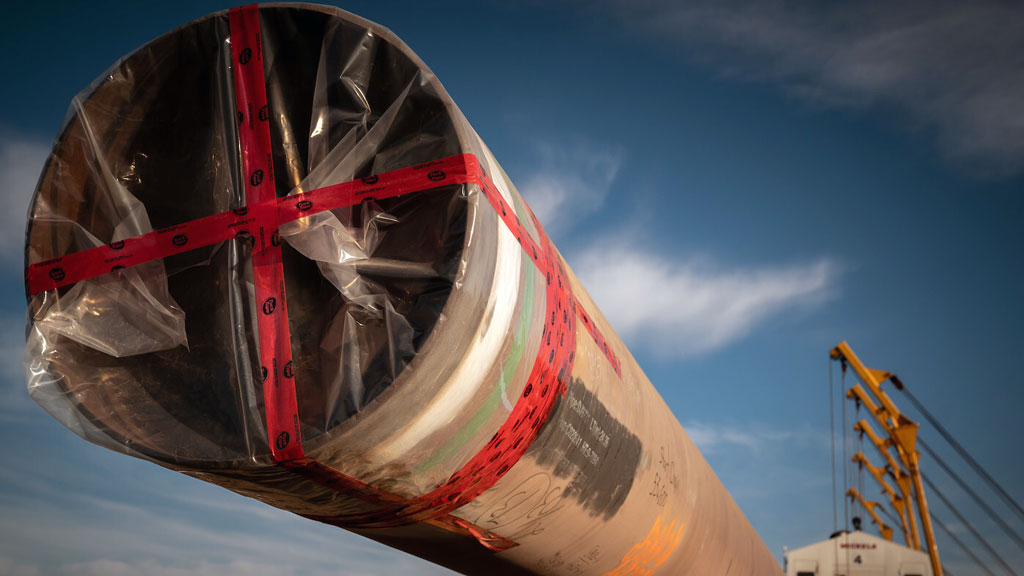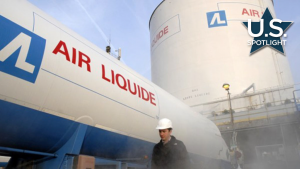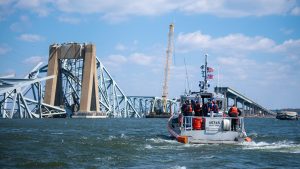A U.S. government watchdog group found construction, materials and design issues have plagued the Keystone XL pipeline, causing several serious oil spills.
The Government Accountability Office (GAO) released its report on the pipeline after spills prompted lawmakers to request an investigation.
“In its thorough review of the pipeline’s history and construction, GAO found that preventable construction issues contributed to the current Keystone pipeline’s spills more frequently than the industry-wide trends,” said Democratic U.S. lawmakers in a statement.
According to the report, Keystone’s accident history has been similar to other crude oil pipelines since 2010, but the severity of spills has worsened in recent years. The two largest spills in Keystone’s history in 2017 and 2019 were among the six accidents that met the Pipeline and Hazardous Materials Safety Administration’s (PHMSA) criteria for accidents “impacting people or the environment.”
In four of Keystone’s largest spills, investigations found they were caused by issues related to the original design, manufacturing of the pipe, or construction of the pipeline.
“PHMSA’s accident data suggest that construction issues may be a more frequent contributor to Keystone’s accidents impacting people or the environment when compared to causes for such accidents for pipelines nationwide,” stated the report.
According to the PHMSA, from 2010 to 2020 12 per cent of all accidents impacting people or the environment on pipelines carrying crude oil, refined oil products, or biofuels were caused by a material failure of the pipe or weld, such as defects in the steel material or welds used in manufacturing the pipe or joining pipe during construction.
By comparison, half of Keystone’s accidents impacting people or the environment were caused by material failure of pipe or weld. Specifically, the two accidents in South Dakota in 2016 and in 2017 were caused by issues in the construction, installation or fabrication of the pipeline, while the 2019 North Dakota accident was caused by defects in the original pipe manufacturing.
Investigators noted TC energy has been conducting inspections across the pipeline to detect similar issues and is replacing components if needed. In addition, TC Energy representatives told investigators it has been working to evolve and improve the company’s in-line inspection tools in order to detect pipeline flaws before they become accidents.
The Keystone XL project was cancelled by U.S. President Joe Biden on his first day in office. It would have gone from Hardisty, Alta. to Nebraska.
The lawmakers that pushed for the report included representatives Peter DeFazio, transportation committee chairman; Frank Pallone, energy and commerce committee chair; Donald Payne, chair of a subcommittee on railroads and pipelines; and Bobby Rush, chair of a subcommittee on energy.
“President Biden was clearly right to question this operator’s ability to construct a safe and resilient pipeline, and we support his decision to put Americans’ health and environment above industry interests,” they said in the statement.
Follow the author on Twitter @RussellReports.











Recent Comments
comments for this post are closed